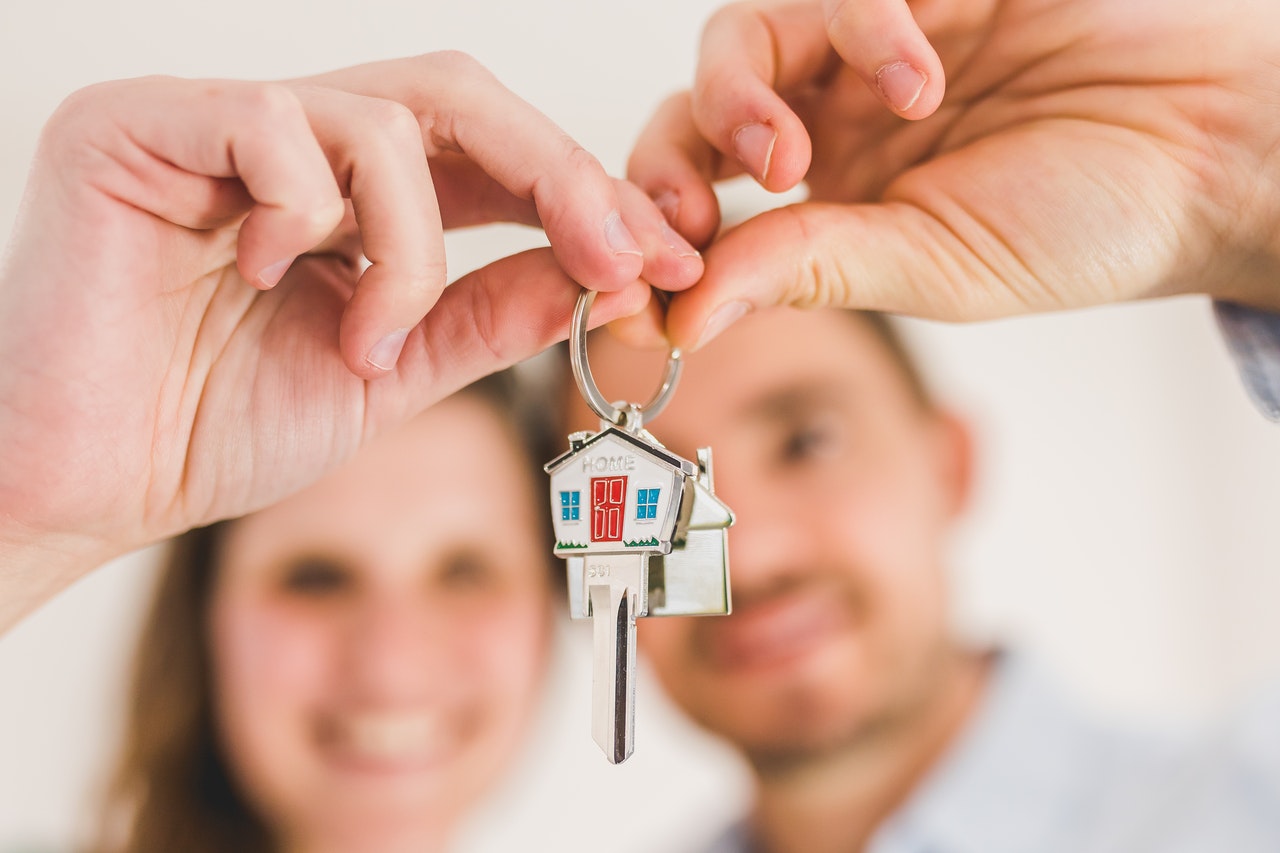Home ownership might not be for everybody, at least not in every stage of life. Before you buy, consider whether that is right for you right now.
Advantages of Renting a Home
- Rent payments may be lower: This certainly can be true if you’re renting an apartment, and it also may be the case when renting an identical house. If a mortgage is more than you can afford, renting makes more sense than being stretched too thin financially.
- Repairs aren’t your responsibility: The property owner has to pay for that leaky faucet and anything else that breaks or wears out. So, you don’t have to factor those unplanned expenses into your budget.
- Flexibility: Your obligation to a place you rent can’t exceed the length of the lease, and if the property owner can quickly find a new tenant, that can get you off the hook if you leave before the lease expires.
- Low upfront costs: There is no down payment. Except for a security deposit – often the cost of a month’s rent – you don’t have to write a big check or finance the costs required to get a mortgage.
- No HOA dues: Some homes are in developments with homeowner’s associations that require monthly dues on top of all the other expenses, and they aren’t optional. Not so with renting.
Financial Disadvantages of Renting
- You can’t change the property: Would you like a deck for entertaining? Would you prefer a fenced yard? Want to paint the bedroom a greyish blue? There’s nothing you can do about any of that in a rental, except complain; see where that gets you.
- You aren’t building value: When you leave your rental, all you take with you is yourself and the furniture and dishes that belong to you. It’s the property owner’s equity that grows, not yours.
- Rent may increase: You may be comfortable with what you’re paying each month, but that could change when your lease comes up for renewal, typically in six months or a year.
- No credit score improvement: While paying a mortgage on time improves your creditworthiness, you don’t get the same benefit from rent.
- No cosmetic improvements: If the home you are renting looks dated, you may just have to get used to it.
In assessing the pros and cons, REP Calgary Homes suggests asking yourself three questions.
- Can you afford it?
“The down payment, closing costs and risk of sudden, very large expenses popping up combine to make it a very expensive proposition,” he said. “You need to save above and beyond your mortgage payment for infrequent yet major household expenses so that you keep it up properly. And making a smaller down payment and paying private mortgage insurance (which protects a lender in case you default on your mortgage) only increases the total cost of ownership.”
- How long do you expect to stay in the house?
“It can be difficult to break even on a house if you stay in it for three years or less; the closing costs and commissions are significant, and expecting the house to appreciate in value enough within three years to make up for those costs may be setting your expectations too high. And remember that your entire mortgage payment does not go towards the home’s equity. During the first year of your mortgage, depending on the terms, perhaps only about 30% of the principal and interest payments will actually go towards the principal of the home.
- Why are you looking to buy?
“If you’re looking at the purchase as an investment, it could work out very well, but high fixed costs mean the shorter the amount of time you hold the property for, the less likely you are to come out ahead relative to other investment opportunities out there,” he said. “Constantly buying and selling houses if you move frequently may be eating up wealth, not increasing it. And if you plan to rent the place out after you move, make sure you have a plan for managing the property – be ready to pay for that, too.”









































